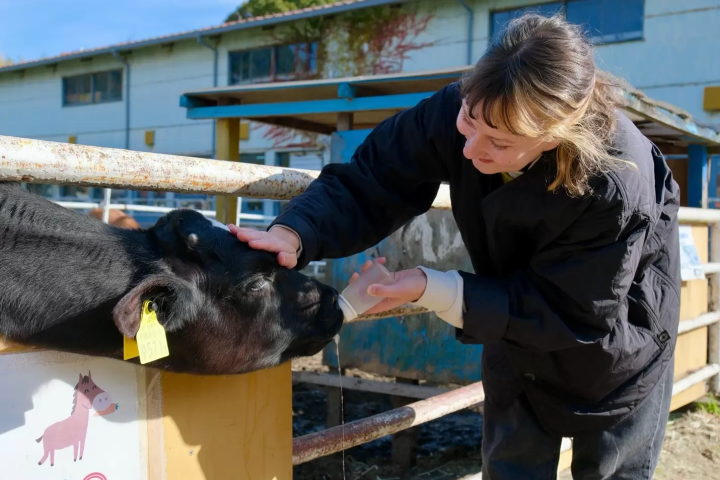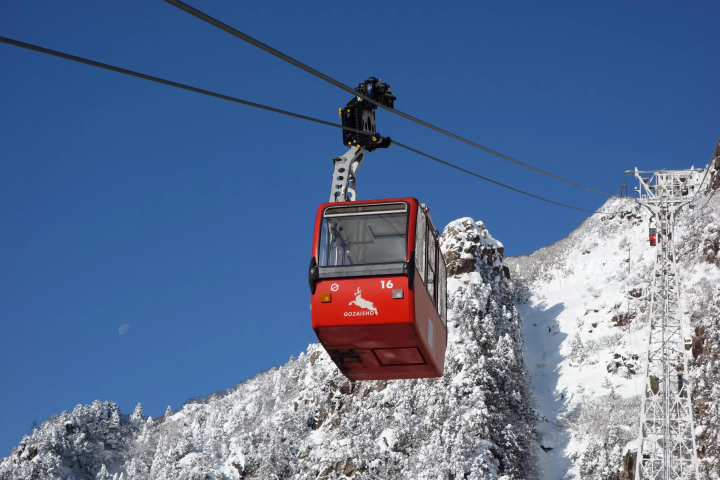[Hardest Sweets in Japan] Traditional Sweets Toman
![[Hardest Sweets in Japan] Traditional Sweets Toman](https://resources.matcha-jp.com/resize/720x2000/2023/10/04-147786.webp)
Toman, a traditional sweet from the southern region of Ehime Prefecture, is a very hard sweet made from wheat and starch syrup, and is said to be the hardest traditional sweet in Japan. I would like to introduce you to some very hard yet traditional sweets.
![[Hardest Sweets in Japan] Traditional Sweets Toman](https://resources.matcha-jp.com/resize/720x2000/2023/10/04-147787.jpeg)
These extremely hard Toman are said to have actually originated in the Netherlands, and are a natural sweet with no coloring or fragrance. At the beginning of the Edo period(1603~1867), the recipe was passed down in Dejima, Nagasaki, and it is a specialty that has remained in Ehime Prefecture ever since. Each piece is carefully hand-baked on a copper hot plate, giving it a unique crispy texture on the outside. It has a simple and nostalgic taste.
![[Hardest Sweets in Japan] Traditional Sweets Toman](https://resources.matcha-jp.com/resize/720x2000/2023/10/04-147791.jpeg)
![[Hardest Sweets in Japan] Traditional Sweets Toman](https://resources.matcha-jp.com/resize/720x2000/2023/10/04-147792.jpeg)
You can enjoy such delicious sweets at Kominka Ito Tei Tomanya .
Old folk house Ito residence Tomanya
There is a cafe specializing in Toman located 2 minutes walk from Ozumachi Station Asamoya and 15 minutes walk from JR Iyo-Ozu Station . It is also famous for its shaved ice in the summer, and is a Japanese sweets cafe that sells hard Toman and soft dumplings. Please stop by when you go to Ozu. Kominka Ito Tei Tomanya Google MAP
![[Hardest Sweets in Japan] Traditional Sweets Toman](https://resources.matcha-jp.com/resize/720x2000/2023/10/04-147796.jpeg)
![[Hardest Sweets in Japan] Traditional Sweets Toman](https://resources.matcha-jp.com/resize/720x2000/2023/10/04-147802.jpeg)
![[Hardest Sweets in Japan] Traditional Sweets Toman](https://resources.matcha-jp.com/resize/720x2000/2023/10/04-147805.jpeg)
Ozu City is located in the western part of Shikoku, in the region known as Nanyo, and is an area centered around the Ozu Basin, facing the Seto Inland Sea to the north and the Shikoku Mountains to the south. The clear Hijikawa River flows through the center of the city, and as its name suggests, the river curves like an elbow as it runs through the town, bringing many blessings to the city, including nature, history, culture, and local specialties. Remnants of the city's prosperity as a castle town around Ozu Castle during the Edo period still live on the banks of the Hijikawa River.
The contents on this page may partially contain automatic translation.


























![[Company Visit List] Learn from Japanese Business Leaders: Factory Tours & Corporate Visits in Southern Osaka Featuring Manufacturing Technology and Management Philosophy](https://resources.matcha-jp.com/resize/720x2000/2024/12/13-215168.webp)
![[Recommended accommodation in Ureshino Onsen] 1.5 hours from Hakata Station! Enjoy Japanese tea and skin-beautifying hot springs at Saga Ureshino Onsen URESHINO YADOYA](https://resources.matcha-jp.com/resize/720x2000/2025/06/14-236549.webp)


![[Kagoshima] Overcoming 12 Years of Hardship: Walking through Minamisatsuma City, the sacred land where the monk Ganjin landed](https://resources.matcha-jp.com/resize/720x2000/2026/02/21-259481.webp)